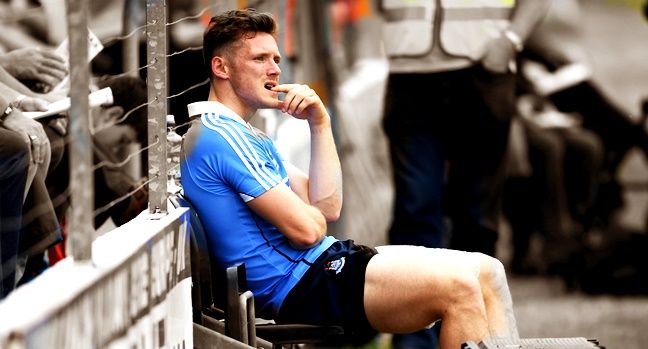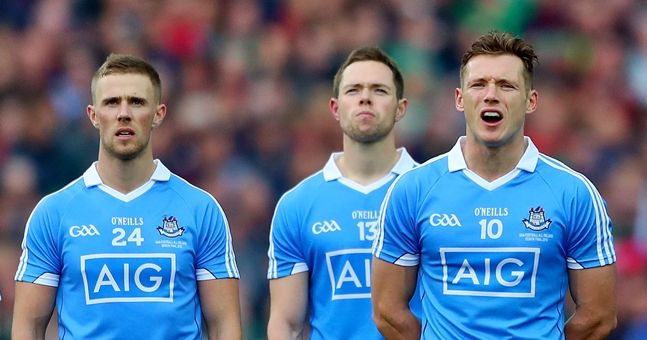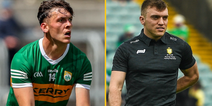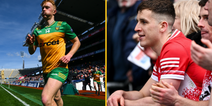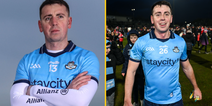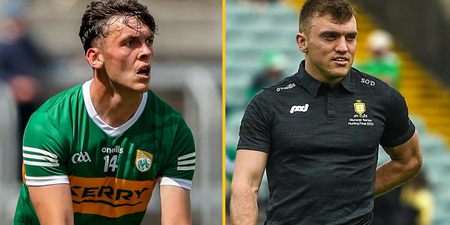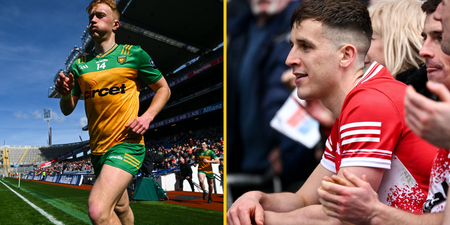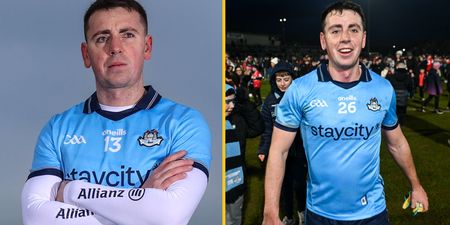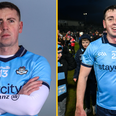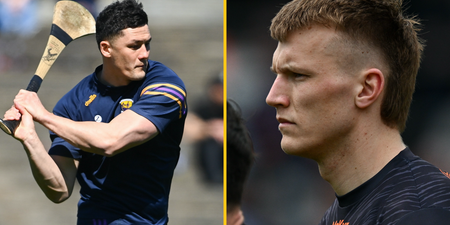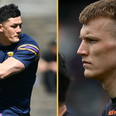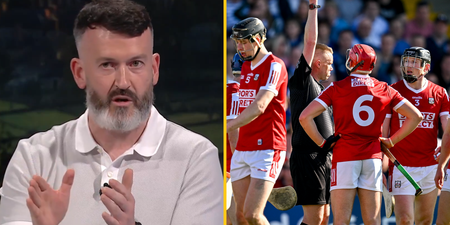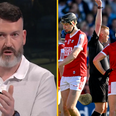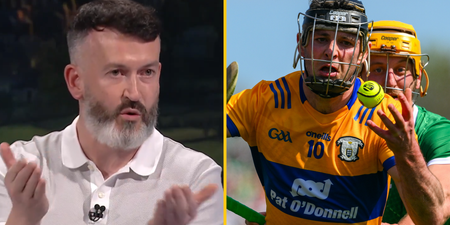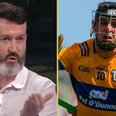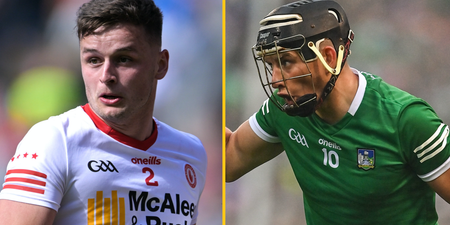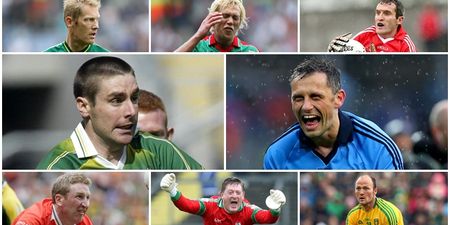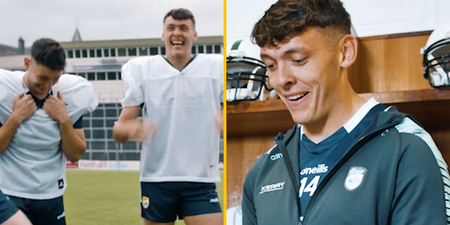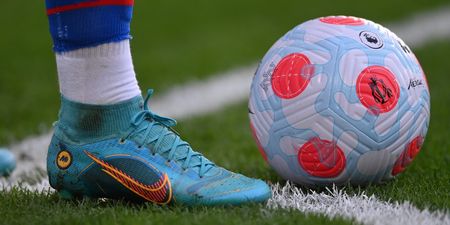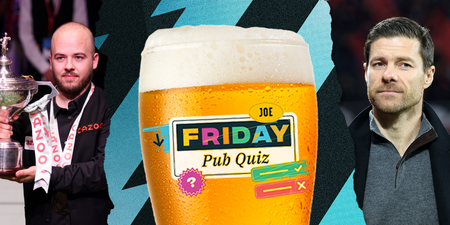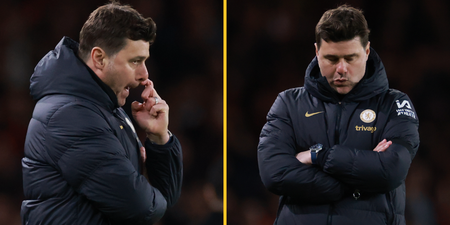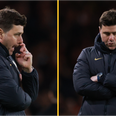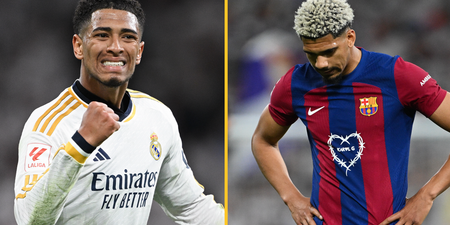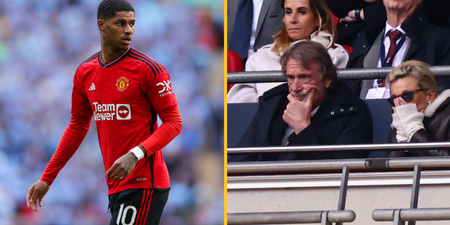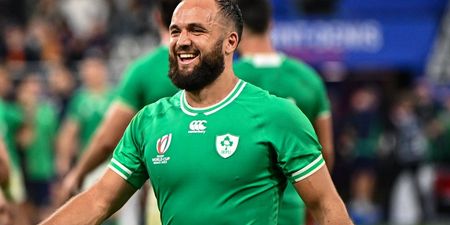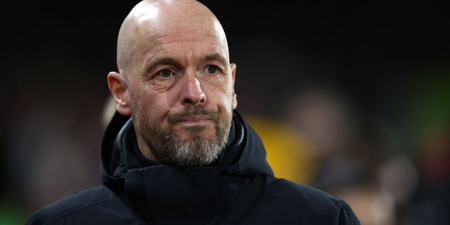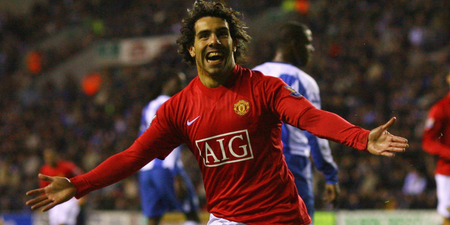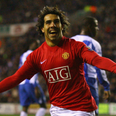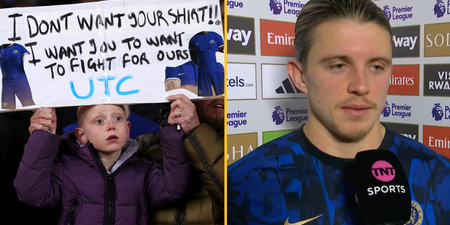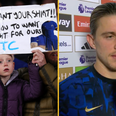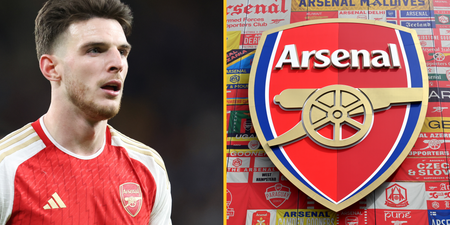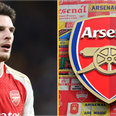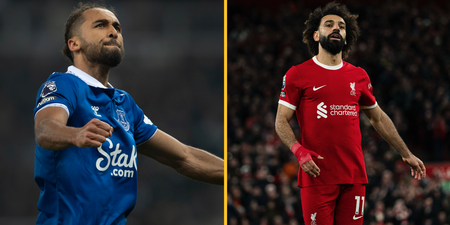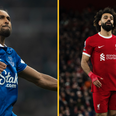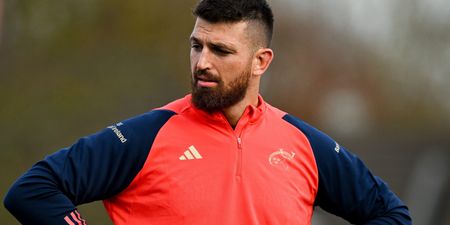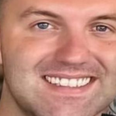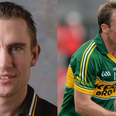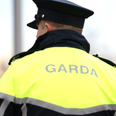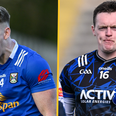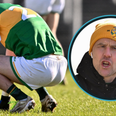Sometimes all we need to do is scratch the surface.
It’s the little things that make a big difference, because in reality we never really know what’s going on inside somebody’s head.
It’s no different on a GAA team. Just like the little things can make a big difference in improving somebody’s mood, it might just take something small to knock them off course.
An injury. A bad turn of form. Getting dropped off the team. We’re competitors, we’re obsessive about our sport. Most senior players have been playing their sport consistently for more than ten years.
It’s as much a part of their lives than anything else they do.
Just think about it, a player loves keeping fit, they feed off the positive buzz that comes in training, they feed off the little exchanges of craic they have with their teammates.
Then, out of nowhere comes an injury. Their whole world is changed. They’re not able to do the thing that they love doing and that they have been doing for so long.
Not only is it uncharted territory for them, but it can also be a huge bloody annoyance and hindrance for them.
The worst thing about being injured is you feel useless. You feel as though you’re letting your teammates down, and worst of all, for no concrete reason, you may feel as if they doubt that you actually are injured.
And all GAA players know the feeling well. The worst thing is that it’s such a difference to what you’re used to doing, and because of that, you don’t really know what to do.
That’s why a call, a text, an arm around the shoulder can mean so much to them. That’s what Paul Flynn does for his Dublin teammates who are going through struggles, be it through injury or through bad form, and it’d make you wonder why we all don’t do it for our’s.
“Within the Dublin set-up, you know, even just the little things. If a lad gets injured, for example, or if someone may not be playing well at the time and gets dropped,” began the Fingallians club man on Ireland AM during the week.
“I’d have no problem now picking up the phone, and ringing them and talking to them about it. They’re only small things but you know that’s the same with everyday life, if there’s a bereavement in a friend’s life, there’s no problem ringing them and just keeping in touch about it,” he added.
We launched #TimetoTalk Mental Health Campaign, @Flinto23 discussed his work with @PietaHouse @DubGAAOfficial https://t.co/2spRE0GCaU
— Ireland AM (@IrelandAMVMTV) October 10, 2017
It makes so much bloody sense, but sometimes you just wouldn’t think about doing it, you might think you’re annoying a lad. They always want somebody to talk to them, and it can make such a huge difference to them.
“If I have an issue that’s eating away at me, I’ll always reach out and ask, maybe, my girlfriend or one of my friends to have a quick chat about it. You do feel better when you get it off your chest, because a problem shared is a problem halved,” continued the 31-year-old.
That’s what sport is for us. It’s so much. It’s our lives.
“I even find myself that if you’re injured and you can’t train, you just go through a phase where you don’t feel as good about yourself. There’s a self efficacy about training that just promotes your self-esteem and that feel-good factor.
“I would always promote sport as part of mental well-being as well,” he finished.
So pick up that phone, have that word, it might make all the difference.
WATCH: Liverpool BOTTLED the title race 🤬 | Who will win the Premier League?
